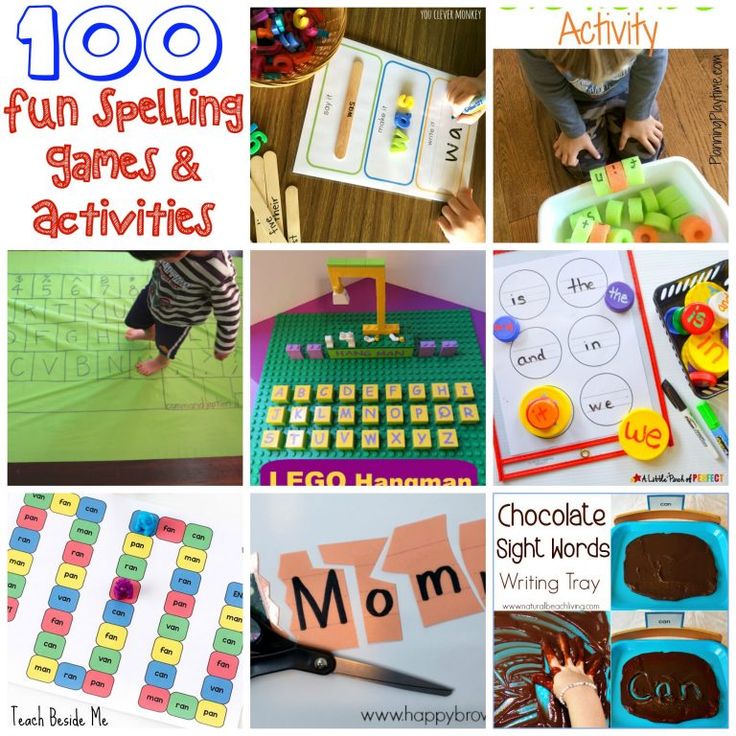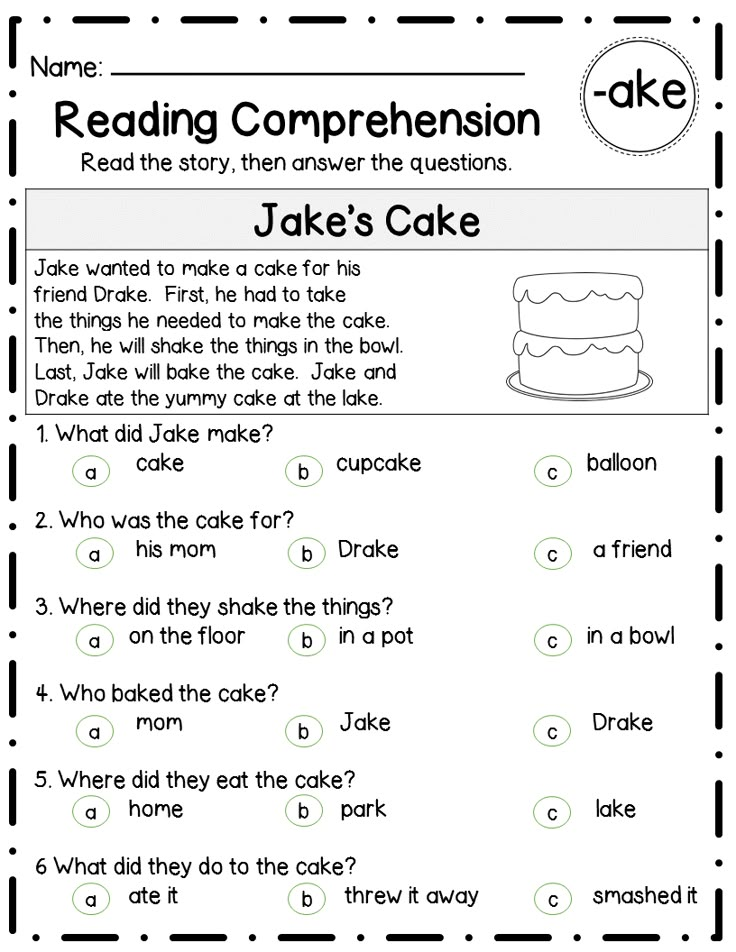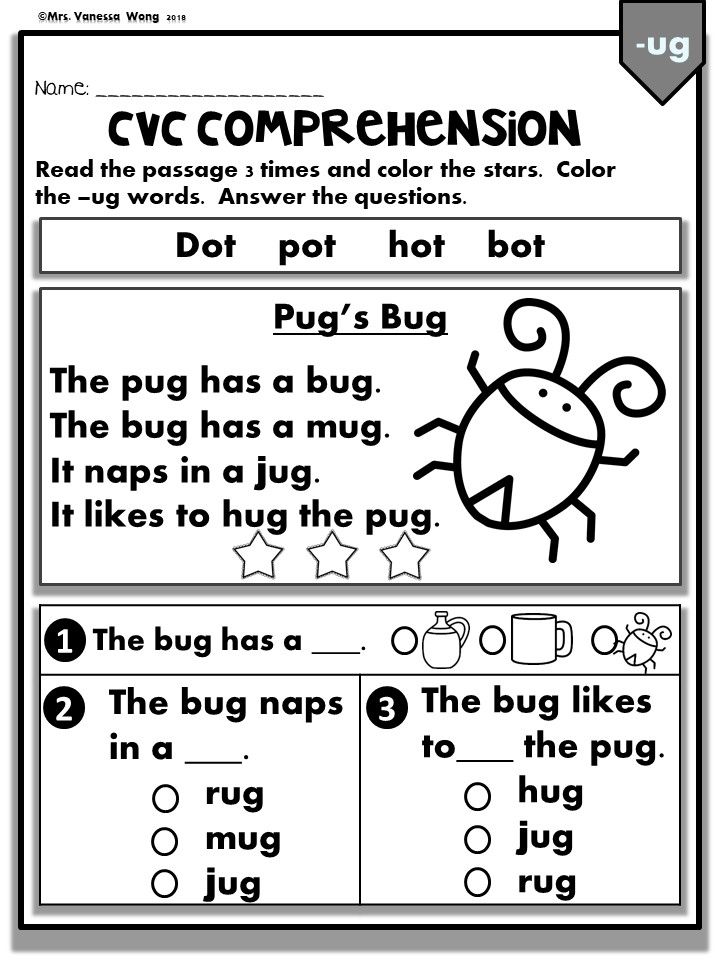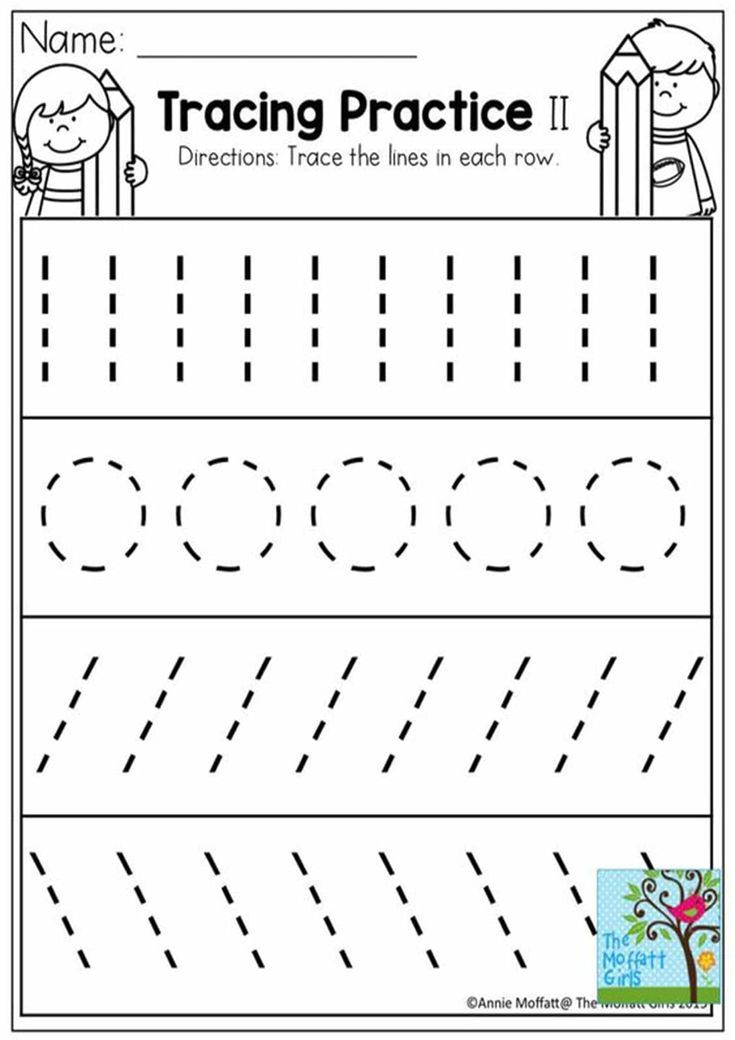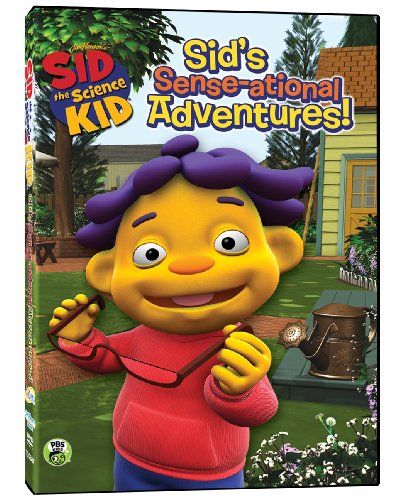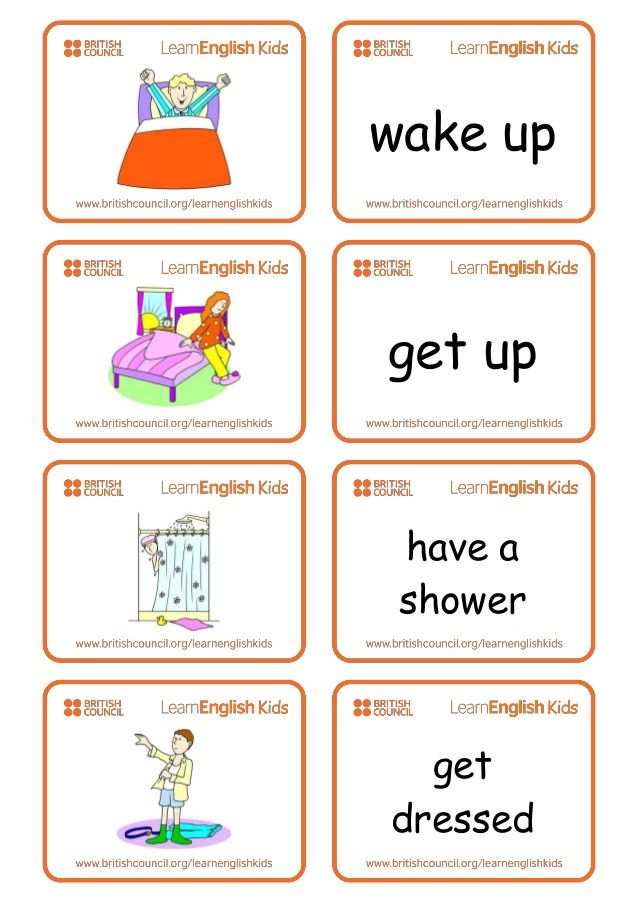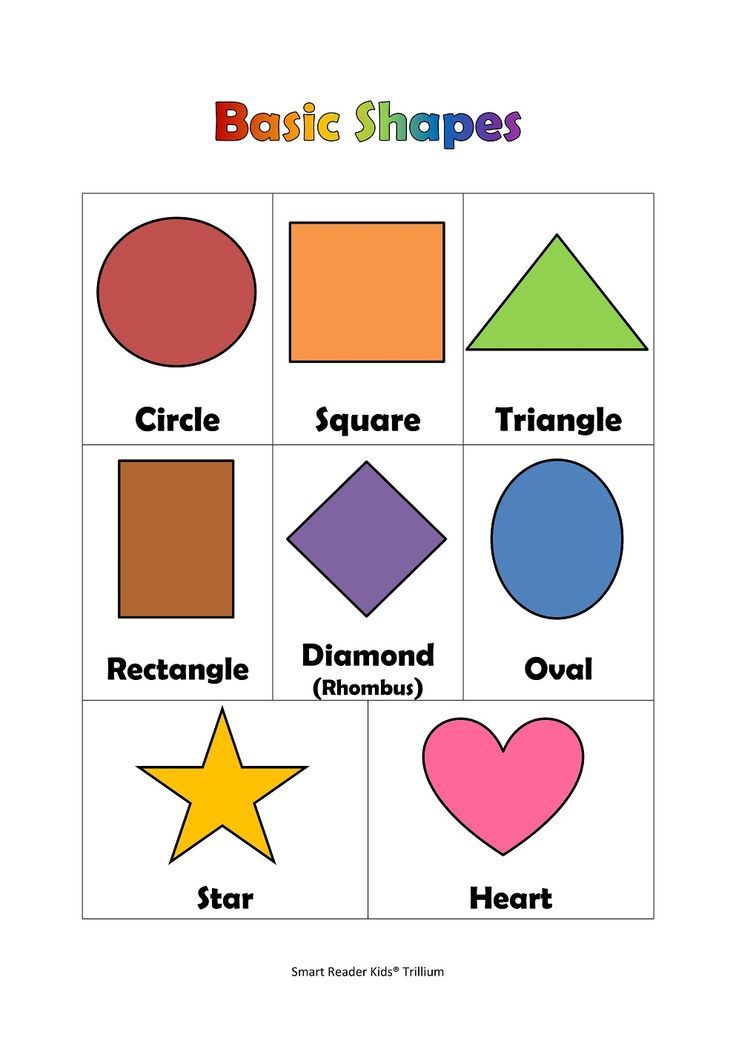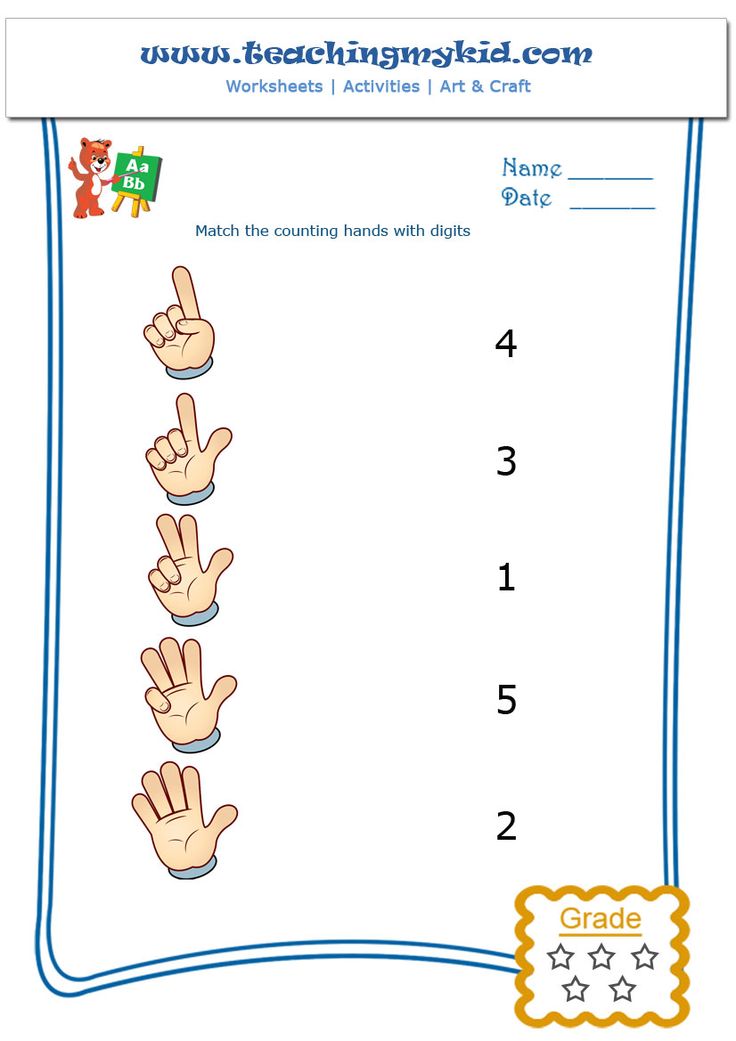Fun spelling activity
8 Fun Ways to Teach Spelling
Student engagement is essential for any learning experience. In order to keep your students active and attentive during spelling lessons, it’s important to mix-up your teaching methods.
Discover how to make learning spelling fun with these eight spelling exercises designed to make learning (and teaching) a blast.
1. Create rhymes and raps using spelling
Part of teaching students new spelling words is to engage them beyond the classroom. Using rhymes and raps to help students better understand the words that they’re trying to learn is a fun way to achieve this. Fun rhymes that incorporate spelling can stick in the mind like catchy tunes that you hear on the radio.
Students make associations between words that rhyme, and the addition of rhythms and raps means students are more likely to start humming them outside of class. This strategy also makes committing them to memory easier.
2. Create a spelling wall in the classroom
At the beginning of each week hang some butchers paper from one of the walls in the classroom and create a learning and spelling hub. Encourage students to write down words that they learn on the butchers paper. Students can also go up anytime and practice spelling different words for the week. You can also use additional materials like coloured crayons or markers, and even encourage students to draw pictures to associate with the words.
3. Make a fun crossword
Crosswords present an excellent opportunity to make learning spelling interesting, as they involve a more active type of learning than passive review techniques. Solving a crossword involves several useful skills including spelling, vocabulary and reasoning, and it helps kids to think about word definitions as well. Crosswords also have the advantage of engaging different learning styles.
You can give the crossword to individuals or break students up into small groups, encouraging them to work together and learn collaboratively. Filling in the blanks can also give students a sense of accomplishment, and completed crosswords can be hung on the classroom walls to recognise achievements.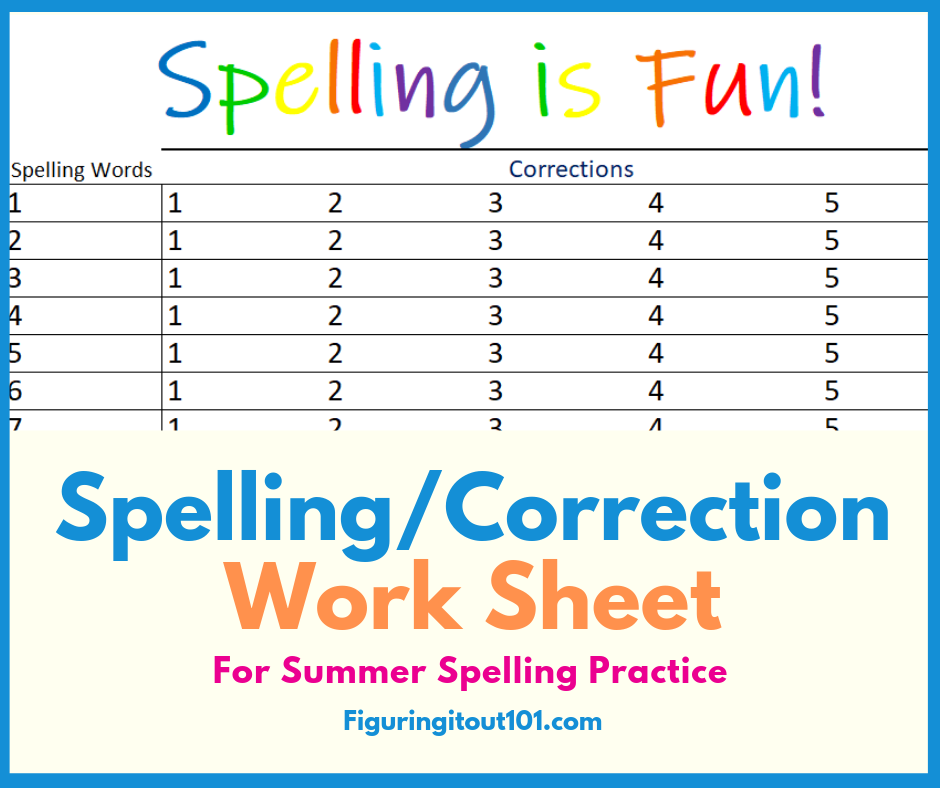
4. Jumble word
Using plastic magnetic letter shapes, first spell out the word, then scramble the letters into the pile and have the student assemble the word again. As they advance, you can start with the word jumbled, and even have them assemble words from a letter pile.
5. Use arts and crafts to encourage spelling
Many students learn better when they’re being creative. This is especially true for visual, auditory and kinesthetic learners. Instead of using plain old pens and pencils to write out words, break out the art supplies and allows students to use paints, markers, crayons and other colourful creative implements to spell out words. This type of learning can also be a fun group activity as well, with students taking turns to write and spell out words. Younger students also love to use playdough to build each letter in their focus spelling words.
6. Create a game of word bingo
Everyone loves a game of bingo! You can adapt this popular game to create fun and interactive spelling lessons that the whole class will love.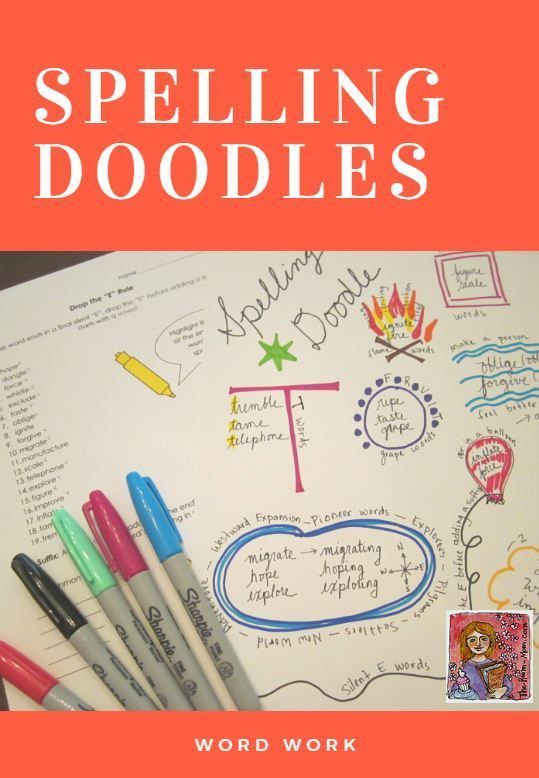 Here’s how:
Here’s how:
- Write the weekly list of spelling words on the board.
- Provide each student with a blank spelling bingo card.
- Have each student write a different word from the list in each square on the bingo card. Then rub the list of words off the board.
- Call out a word from the list and ask students to raise their hands if they have that word on their card.
- The fastest student to raise their hand has to spell the word on the board. If they spell it correctly they get to cross the word off their card.
- The first student to cross off 5 words wins.
It’s important to incentivise a game like spelling bingo to ensure that all students participate. This game can also be completed in groups, which may encourage more active involvement.
7. Word heads
Remember the game celebrity heads, when you put the names of a celebrity on each person’s head and you try to work out who you are by asking questions? The same game can be played using spelling words.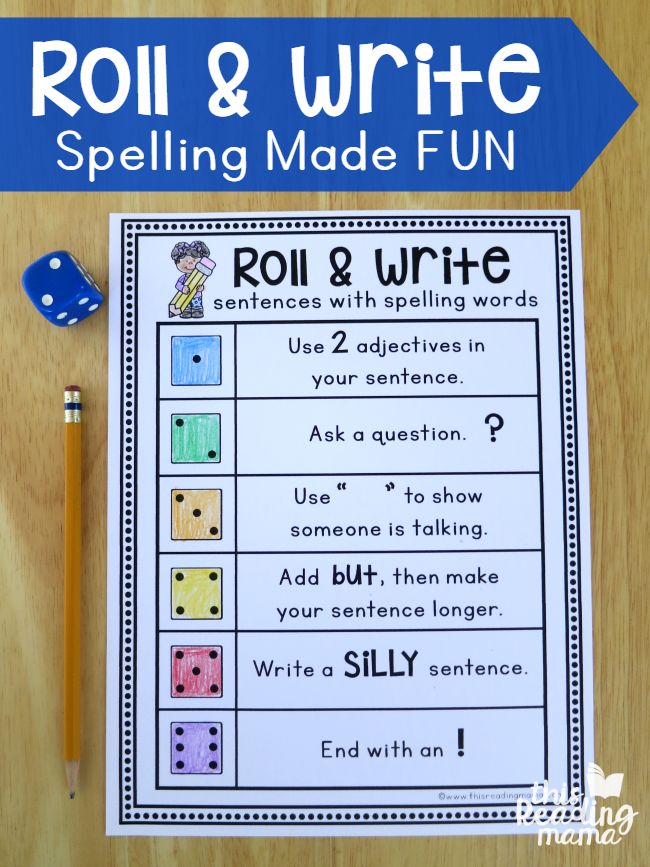 Students have to figure out which word they are by asking a bunch of questions with yes/no answers like:
Students have to figure out which word they are by asking a bunch of questions with yes/no answers like:
- Am I a verb?
- Do I start with a vowel?
- Am I an animal?
Once they guess the word, they then have to spell it aloud. Word heads is fun because children play together to uncover their own solutions, encouraging collaboration and out-of-the-box thinking.
8. Build a word train
Have students spell out words on small cards and assemble them together based on certain rules. A couple you can try:
- Form a sentence: Each follow on word must help build a sentence
- Matching letters: The first letter of the next word must match the last letter of the previous word
Engage the entire class with fun spelling lessons
With so many different methods to teach your students to spell, there’s a great opportunity to get creative and encourage participation from the whole class. Experiment with these games (and maybe make some of your own) and discover which work best for your students.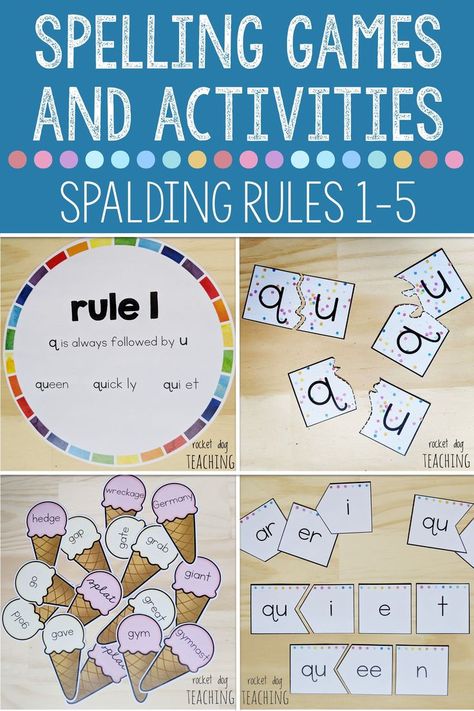 With so many to chose from, every lesson can be an adventure.
With so many to chose from, every lesson can be an adventure.
35 Hands-On Spelling Activities to Use With Any Word List
Inside: 35 fun, hands-on spelling activities that get kids actively engaged with their spelling words – thinking, making, creating! Includes a printable version for at home learning.
There’s no doubting that some children (if not all!) learn best when they are actively engaged with thinking, making, creating – DOING. Which is why it can be advantageous to add an active, hands-on element to subjects that more typically rely on rote learning style activities – like spelling.
The 35 hands-on spelling activities included on this list are much more fun and engaging than simply writing out spelling words over and over again (my kids both strongly disliked the ‘Look, Cover, Write, Check’ approach to spelling – and I honestly didn’t see much learning happening with it).
These ideas can be useful as activities for literacy rotations or as homework activities, working particularly well with children in the early elementary/primary grades.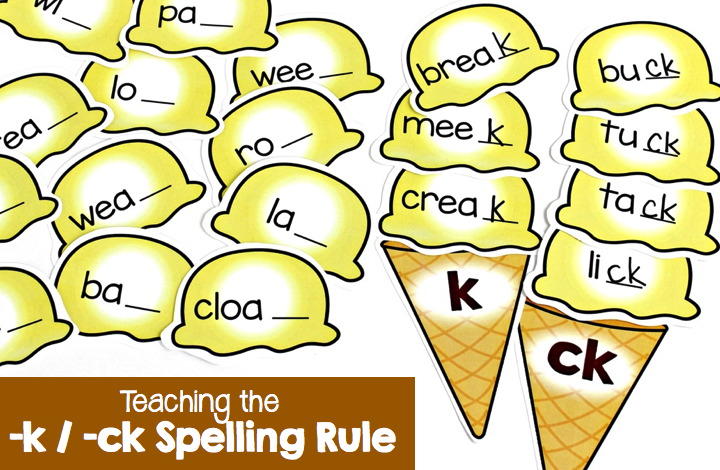 Plus, at the bottom of this post you’ll find a handy printable version that can be sent home with families to use for at home learning.
Plus, at the bottom of this post you’ll find a handy printable version that can be sent home with families to use for at home learning.
1. Make each word with Scrabble letter tiles.
2. Cut some short lengths of yarn and use them to form the letters of each word.
3. Paint the words with watercolour paints.
4. Write words with pavement chalk on the pavement or on the trampoline mat.
5. Make the letters of each word with your body as you spell the word aloud.
6. Build your words with Lego bricks.
7. Stamp your words onto paper with letter stamps.
8. Stamp your words into playdough with non-inked letter stamps.
9. Dot paint each word with a Q-tip or cotton bud.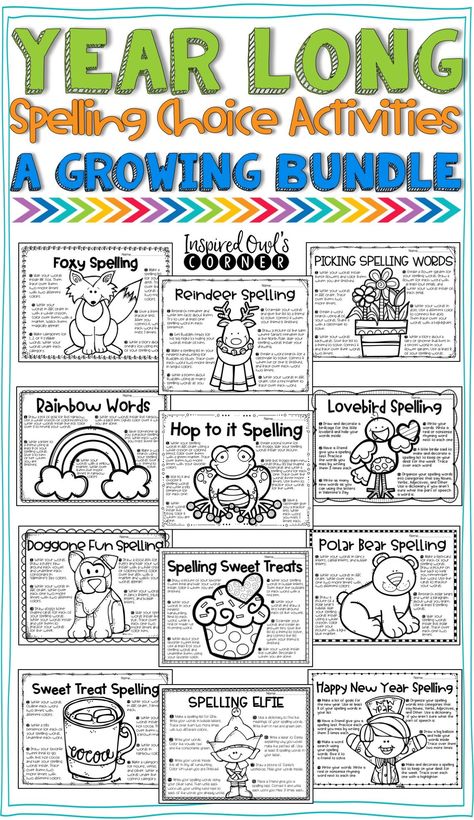
10. Make your words with letter stickers.
11. Spell your words aloud as you star jump – one jump for each letter.
12. Make letters from chenille stems/pipe cleaners and use them to spell each word.
13. Type your words on a computer.
14. Write each word with your finger in a sand or salt tray.
15. Make rainbow words, tracing each letter with lots of colours.
16. Thread your words with letter beads.
17. Write your words on the window with a whiteboard marker.
18. Spell aloud and clap for each letter of your words.
19. Spell each word aloud in a robot voice.
20. Make each word with alphabet stones.
21. Write each word with your finger into shaving cream on the shower screen at bath time – or spray a little on a cookie tray to try it when you’re not in the bath.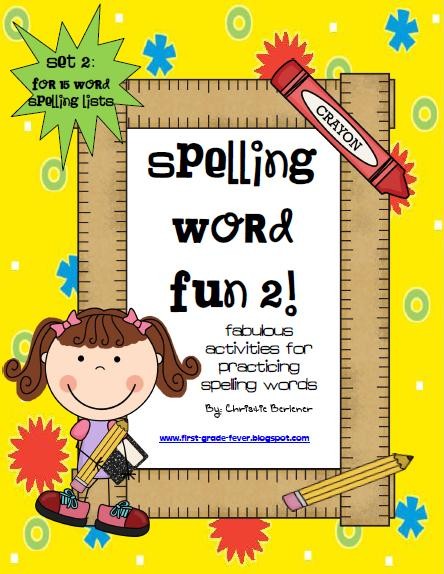
22. Write your words onto paper plates or circles (one word per plate) and make up a jumping game.
23. Write your words in a fun script – with tiny letters or tall, skinny ones, or try bubble writing!
24. Draw a hopscotch grid on the pavement with chalk. Add a spelling word to each square. As your stone lands on a square spell the word aloud before hopping.
25. Squeeze a small amount of acrylic paint into a re-sealable Ziploc bag. Seal the top and then use your finger to write each word ‘in’ the paint.
26. Make each word with magnetic letters.
27. Play Tic Tac Toe with your spelling words – each player chooses a word to use in the place of the ‘x’ or ‘o’ as you play. Choose a new word for each game.
28. Write each word with white crayon onto white paper and then paint over them with watercolour paint for a magic word reveal!
29.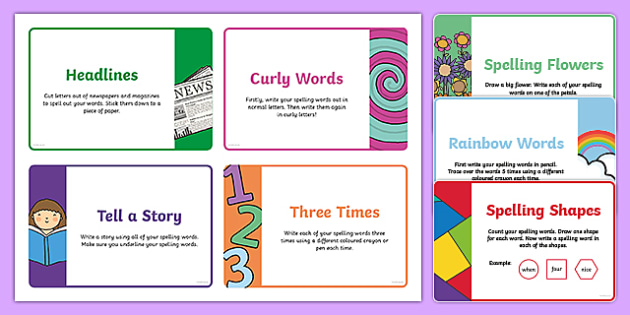 Play Hangman choosing the word to guess from your list of words.
Play Hangman choosing the word to guess from your list of words.
30. Make each word from playdough or plasticine snakes.
31. Spell each word aloud as you jump on the trampoline – one bounce per letter.
32. Write the letters of each word onto a craft stick (one letter per stick). Jumble the sticks up and then remake each word.
33. Use a laser pointer to ‘write’ each word on the wall.
34. Write your list words onto two sets of index cards and use them to play a memory game.
35. Write each of your words onto a chalkboard with chalk and then use a small paintbrush to paint over them with water.
35. Write each word onto a piece of coloured paper, cut the letters apart and mix them up. Race to unscramble each word.
How to Print Your Hands On Spelling Ideas GridClick here to download: Printable Hands-On Spelling Ideas Grid.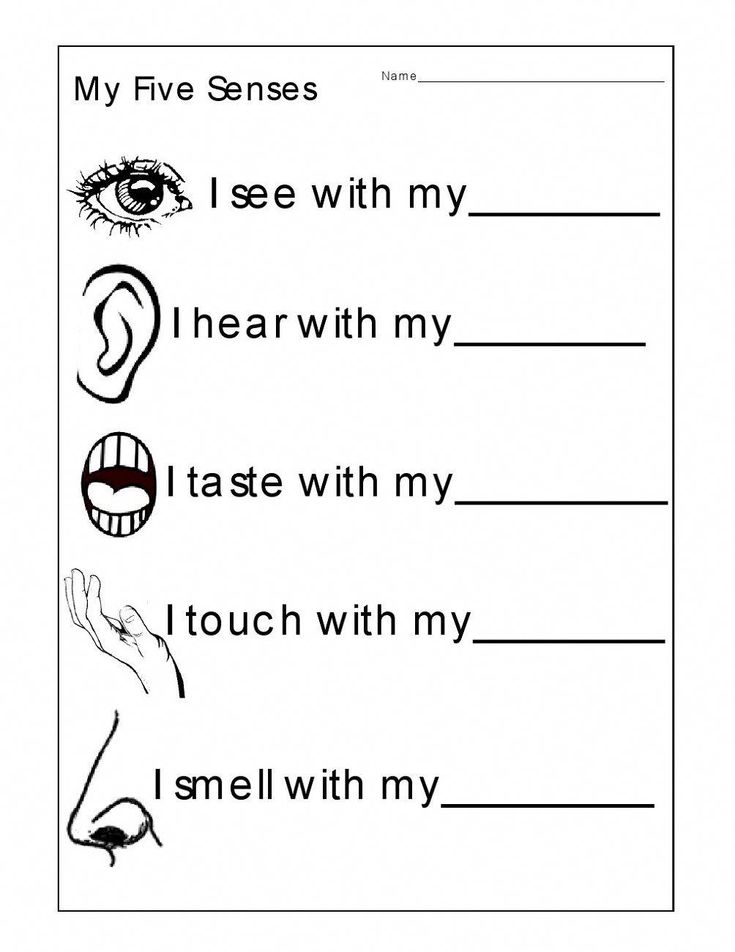 Save the PDF to your computer. Open the PDF for full printing instructions.
Save the PDF to your computer. Open the PDF for full printing instructions.
Having trouble accessing or downloading the file? Please try a different internet browser.
Please note: All Childhood 101 printables are for personal use only, you may not use any part of this content for commercial purposes-that includes selling the document, giving it away to promote your business or website, or printing the file to sell. You may not share, loan or redistribute these documents. Teachers may use multiple copies for students in their own classroom.
Christie Burnett is a teacher, presenter, writer and the mother of two. She created Childhood 101 as a place for teachers and parents to access engaging, high quality learning ideas.
Mastering spelling skills through the development of one of the components of educational activity - reflection - in the lessons of the Russian language
The problem of formation spelling skills in elementary grades is one of the leaders in the Russian language course.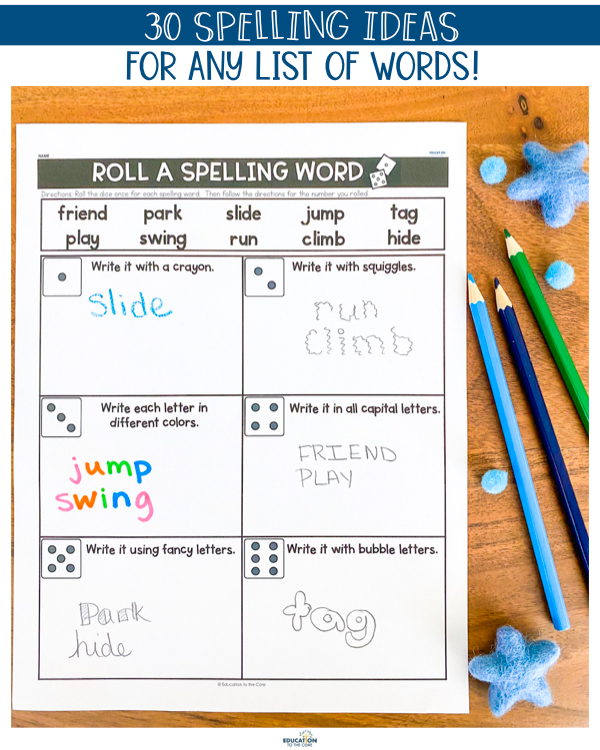 It is known that spelling literacy in its basis should be laid in the younger school. However, the majority of children who have completed fourth grade, spelling vigilance is not formed.
It is known that spelling literacy in its basis should be laid in the younger school. However, the majority of children who have completed fourth grade, spelling vigilance is not formed.
Purpose of work:
identify the means of formation spelling at the initial stage.
Object of study:
education of a primary school student in progress development of educational activities.
Subject of study:
conditions for mastering the spelling action.
Research hypothesis
Spelling action is formed more efficient if the following pedagogical conditions:
- a decisive role in the formation process spelling literacy play actions, which students have to master, completeness theoretical concepts and selected methods actions, their reasonableness, generalization and awareness;
- if in the process of learning it is possible to create the orienting basis of this or that action, the amount of exercise needed to mastering them first at the level of skill, and then skill is significantly reduced; nine0003
In school practice, teachers give new content in traditional ways, that is the old model of the lesson, in which repetition, learning new things, consolidation, generalization.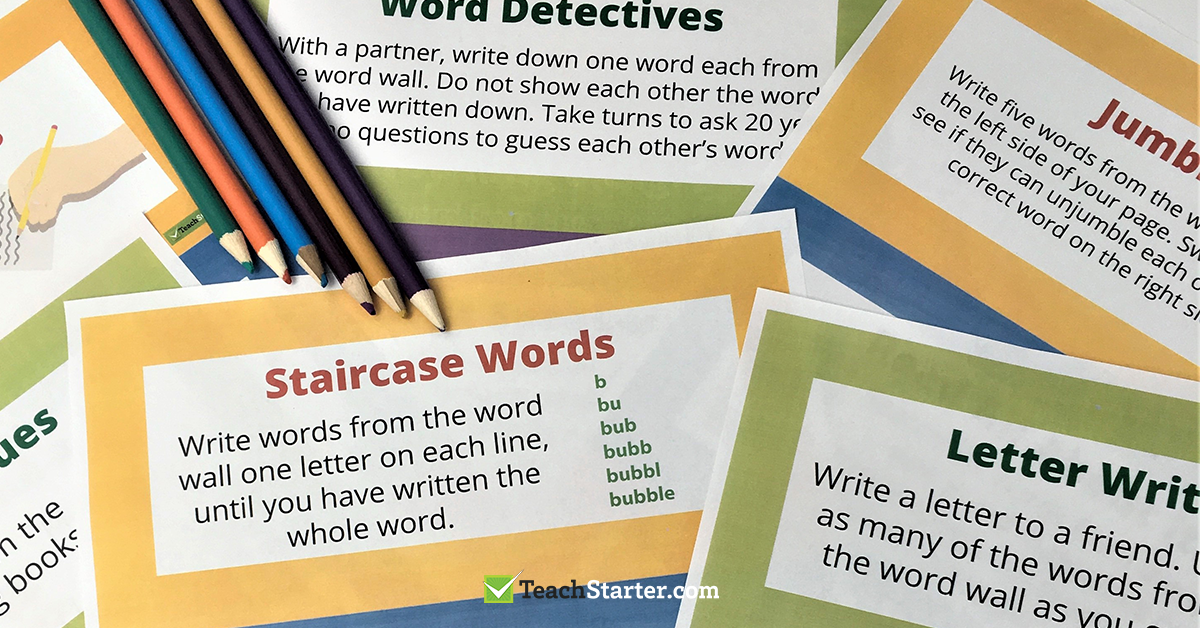
We try our best in our work avoid it. Impossible to articulate concepts outline the general principles of a large range of model tasks, so the mastery becomes the leader ways of solving problems, but not the fact of mastering the material itself.
The subject of joint work of the teacher and student is not material, but educational activity that is a form student activity aimed at his self-change as a subject. nine0003
The teacher who organizes the training activity, must know how it works, so how the simulation of each lesson depends directly from the organization of educational activities, which determines the formative type of thinking - theoretical, systemic, dialectical.
So we are modeling each lesson we try to predetermine the following:
- The student is the subject of educational activities, in the course of - learning, he improves himself, changes, this creates a new type of thinking - creative.
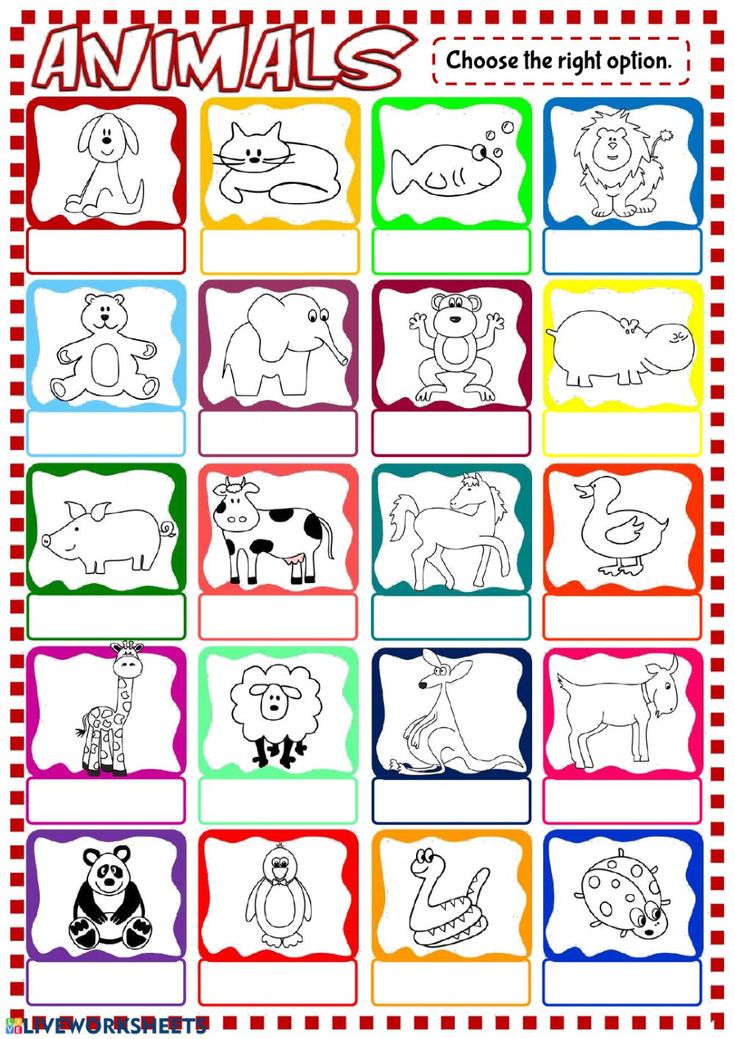 D.B. Elkonin wrote about this: “The position of a student is not just the position of a student, attending school and carefully performing lesson, and the position of a person who improves himself." Improving yourself means teach yourself. nine0043
D.B. Elkonin wrote about this: “The position of a student is not just the position of a student, attending school and carefully performing lesson, and the position of a person who improves himself." Improving yourself means teach yourself. nine0043 - In order for the student to be the subject of learning, teacher needs to arrange research activities of students put them in the same conditions as they were scientist at the time of the discovery of laws. That's why learning process should be modeled wrote E.V. Ilyenko, so that it is “in a concise, reproduced in an abbreviated form actual historical process of birth and development of … knowledge.”
- “This process of research in the classroom leads to the formation of a new type of thinking - theoretical, which involves analysis content of educational material in all interconnections, contradictions, highlighting in it some similar general attitude, revealing that it manifests itself in many other private relationships, students thereby build meaningful abstraction of the subject under study” (V.V. Davydov), which leads to the identification of ways problem solving. nine0043
V.V. Davydov called such activity of students “quasi-research”: thinking of schoolchildren is not identical to the thinking of scientists, figures art, theorists of morality and law. Students do not create concepts, models, values and norms, but assign them through training activities.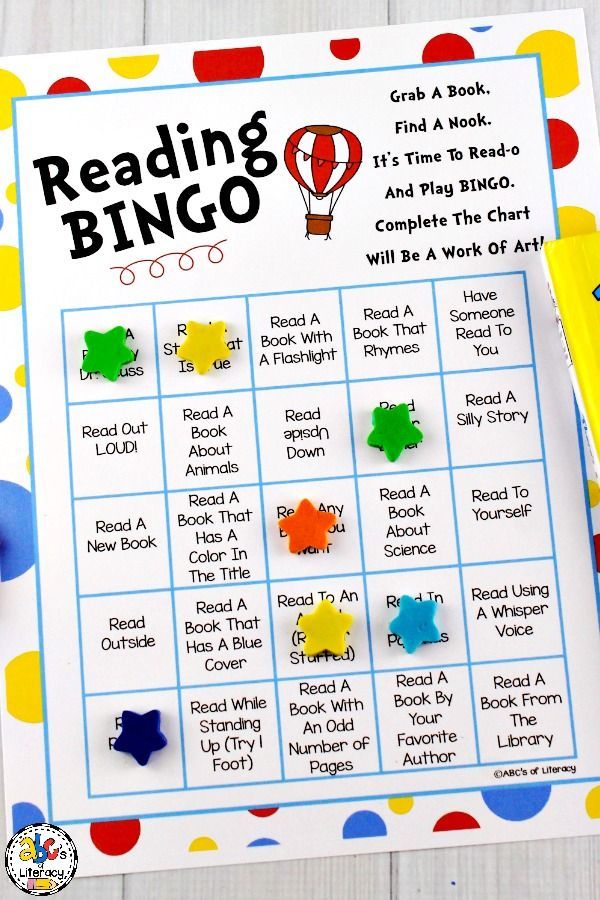 nine0003
nine0003
learning activity trigger students is reflection which allows, on the one hand, to detect and establish the boundaries of their ignorance for students; a c on the other hand, to be able to cross the boundaries of their opportunities, expand them in the field of thinking and activity, thereby changing itself.
Reflection helps to detect deficiency knowledge, which leads to the formulation of a learning task, since the mastered way of solving a larger circle tasks no longer work. nine0003
nine0003
For example, when teaching literacy, first-graders wrote words in which the pronunciation is not diverged from the spelling, except for the words with - zhi, -shi-, -cha-, -shcha-, -chu-, -shchu-. They have mastered this way of writing words (such as: table, mother, desk, book, etc.), but now there is a need write words like loaf.
The old method no longer works because This word can be reproduced in 4 versions.
The problem arises: which one is correct, how to find out? nine0003
There is a joint search for a solution to the spelling tasks when words have a strong and a weak position.
Thus, the learning task helps change the actor itself, this is is to master certain methods actions. Learning task is not imposed students, they need availability reflection accept the task, suggested by the teacher, or by her own form.
Found way to solve educational problems reflected, so evaluation and control are carried out adopted method. nine0003
The lesson model that we we adhere to the lessons of the Russian language, you can build as follows: reflexive control - educational task - the goal of modeling new knowledge - mastery of a new mode of action - theoretical concept - reflexive control its possible use.
To increase educational and cognitive interest, for the formation of self-control actions in children and self-assessment, we asked the children to complete table “What I know and can do ”, which were All studied spellings are included. circle in the corresponding column is glued only in if the student himself realized that he could talk about this or that spelling; leads examples, I offer tasks - traps for classmates or teachers.
We offer tasks that we used with the purpose of studying the level of formation monitoring and evaluation activities.
- Task: write a dictation. nine0006 After completing the work, there is an opportunity make corrections with a blue pencil.
- "Look for an error." nine0050
- Count how many nouns are in the text.
- How many masculine, feminine and neuter.
- How many animate and inanimate nouns.
- How many nouns singular and plural?
- Find and count how many in the text nouns corresponding to pattern
- What is the % of all nouns from the total number of words in the text.
- Change any sentence according to scheme
- Find a noun whose quantity letters and the number of sounds do not match.
- Find the lexical meaning of words in the dictionary
- Select 3 singular nouns, feminine, inanimate and draw.
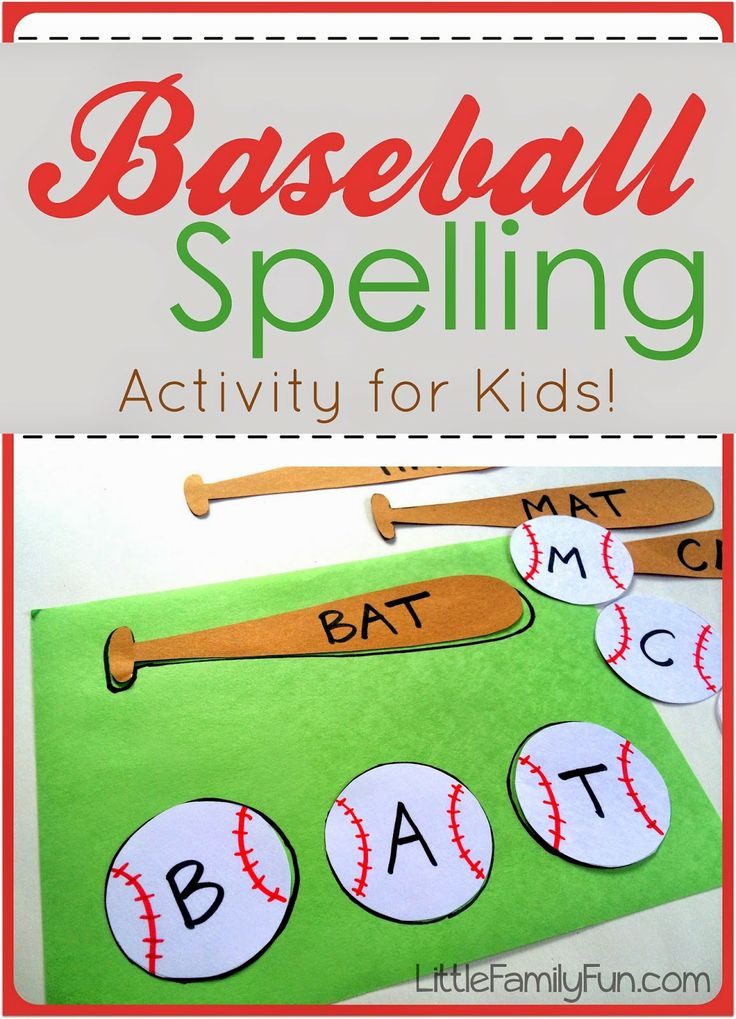
- Compose a poem on the topic of the text.
- Make a phonetic chart of any name noun that is in the text, and make applications from colored paper.
The next day, the student is asked again return to the text and improve it with green pencil.
Comparison of amendments made in the course of work pen and multi-colored pencils after work, including delayed ones, allows you to identify different forms of self-control, indicate student's needs for improvement.
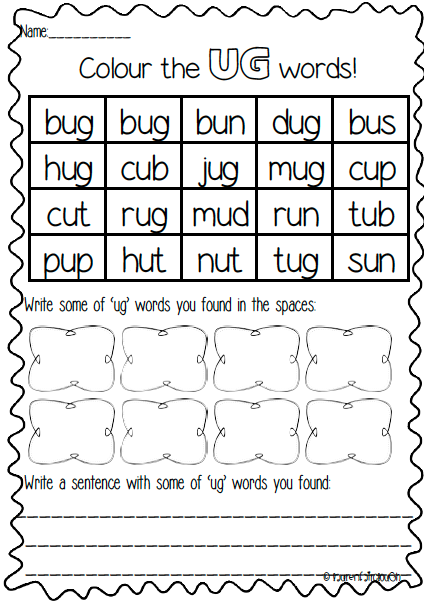 nine0042 “Self-control on own initiative”.
nine0042 “Self-control on own initiative”. The student is given time to complete the task.
After completion, the sheets are collected (for grades) and copied. After that the leaves handed out and students are asked to check work again if the child thinks it necessary.
This technique allows you to explore whether students on their own initiative amendments in their work.
The child is offered a text in which he searches and corrects errors. He not only puts forward a spelling task, but also develops Attention.
Winter in the forest
Early winter morning comes. Softly crunchy under snow feet. Birch branches are decorated with fluffy frost. A chain of footprints winds along the forest edge. By A hare ran to the very edge of the clearing. Funny a flock of birds flew over the edge of the forest. She is perched on top of an old tree. With his branches fell snow cap.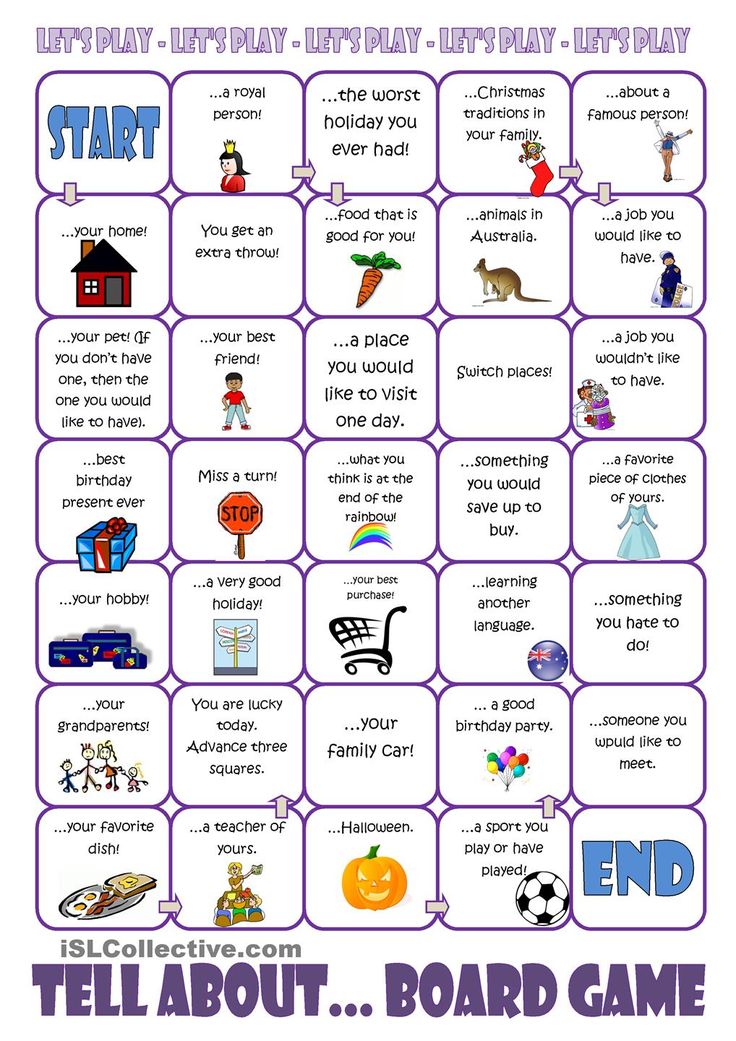 She lay down on old stump. It smells good in the forest of resin and pine needles! nine0003
She lay down on old stump. It smells good in the forest of resin and pine needles! nine0003
Task for a group of students
Mathematicians
Winter in the forest
Early winter morning comes. Softly crunchy under snow feet. Birch branches are decorated with fluffy frost. A chain of footprints winds along the forest edge. By A hare ran to the very edge of the clearing. Funny a flock of birds flew over the edge of the forest. She is perched on top of an old tree. With his branches fell snow cap. She lay down on old stump.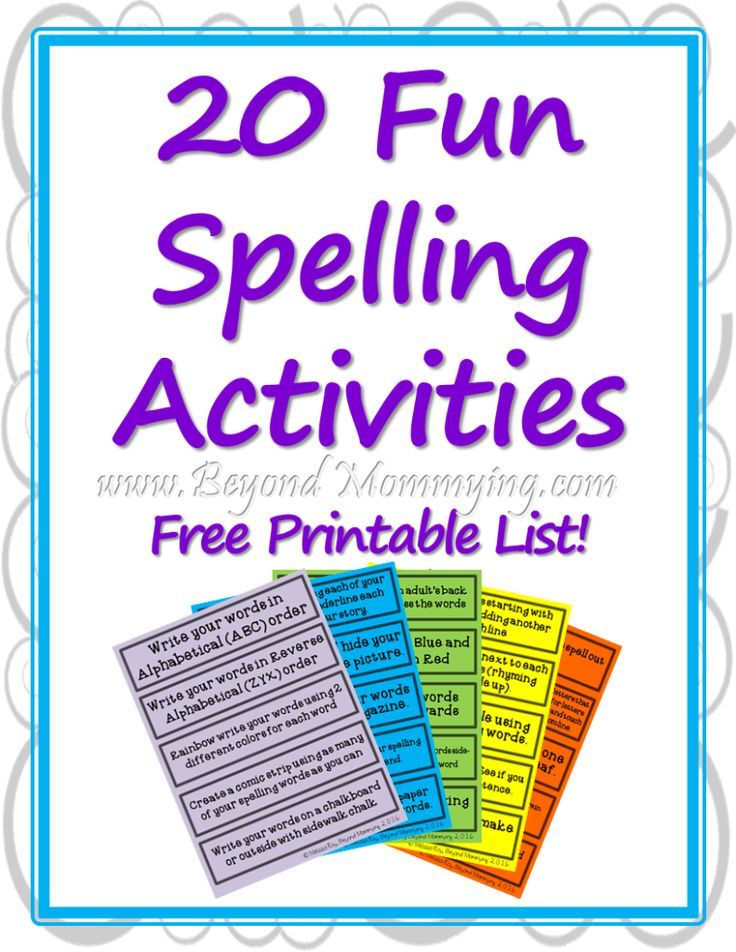 It smells good in the forest of resin and pine needles! nine0003
It smells good in the forest of resin and pine needles! nine0003
Task for a group of students
Philologists
Winter in the forest
Early winter morning comes. Softly crunchy under snow feet. Birch branches are decorated with fluffy frost. A chain of footprints winds along the forest edge. By A hare ran to the very edge of the clearing. Funny a flock of birds flew over the edge of the forest. She is perched on top of an old tree. With his branches fell snow cap. She lay down on old stump. It smells good in the forest of resin and pine needles! nine0003
Task for a group of students
Artists
Formation of spelling literacy in Russian language lessons. | Article in Russian on the topic:
Formation of spelling literacy in the lessons of the Russian language
Vavrikova Natalia Gennadievna, MKU Secondary School No. 5, Alzamay
Accurate, literate and expressive speech in various communication situations, literate writing, adequate understanding of someone else's speech, knowledge of different types of reading are perceived as signs education and largely determine the social and professional activities of a person.
Spelling literacy at all stages of the development of the Russian school has always been and remains a very important component of the preparation of students in the Russian language. Work on it is carried out throughout the school course. nine0003
Spelling skills are acquired over the years, from lesson to lesson, so it is very important how the teacher works, what techniques and methods he uses to help develop stable spelling skills.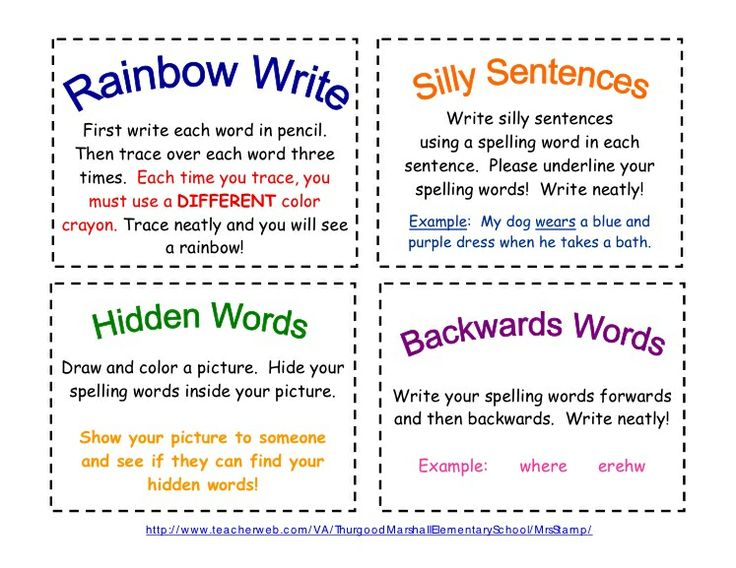
The method develops the idea of teaching spelling in a conscious way: on the basis of certain knowledge, based on the rules. It was in line with this direction that the school spelling course was formed. Unfortunately, in practice we are convinced that knowledge of the rules does not always lead to spelling literacy. Which of the teachers has not heard from their students the phrase: “The rules, I know everything, but I can’t write correctly.” Indeed, quite often schoolchildren learn the theory well, are able to make various analyzes, but at the same time they do not know how to write correctly. The student knows almost all the rules, and gets "2" for the control dictation. Over time, his interest in the Russian language as an academic subject decreases or completely disappears. Therefore, the problem of spelling literacy remains one of the central problems of teaching the Russian language. nine0003
The spelling literacy of students is declining every year, so it is necessary to find an answer to the question: what techniques, methods, forms of work will help build a system that will stop the rate of its decline and direct this process in the opposite direction.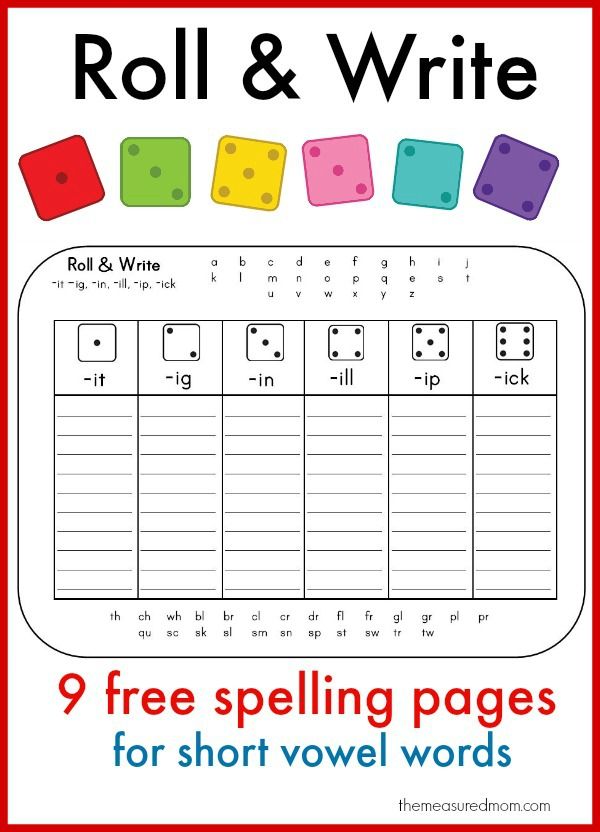
For several years I worked on the topic of self-education “Improving the quality of learning through the formation of spelling literacy”.
During the work, the following problems were identified:
1. Students do not know the rule and the exception word.
2. Students know the rules but cannot apply them.
3. Psychological interference (preservation of memorized material worsens as a result of
imposition of new, similar to it; 90% of the rules create ground for interference).
4. Students do not see the spelling in the text, although individual words with the same spelling
are often spelled correctly.
5. Not all students have a desire to work systematically, and the verb “learn” is not accidental
has the meaning of "teach yourself" in Russian. In the learning process, it is important for the student to have an active attitude
to learning.
It was decided to carry out work on the formation of spelling literacy at every lesson of the Russian language, especially in grades 8-9, where the study of syntax and punctuation begins, and there are no more spelling rules.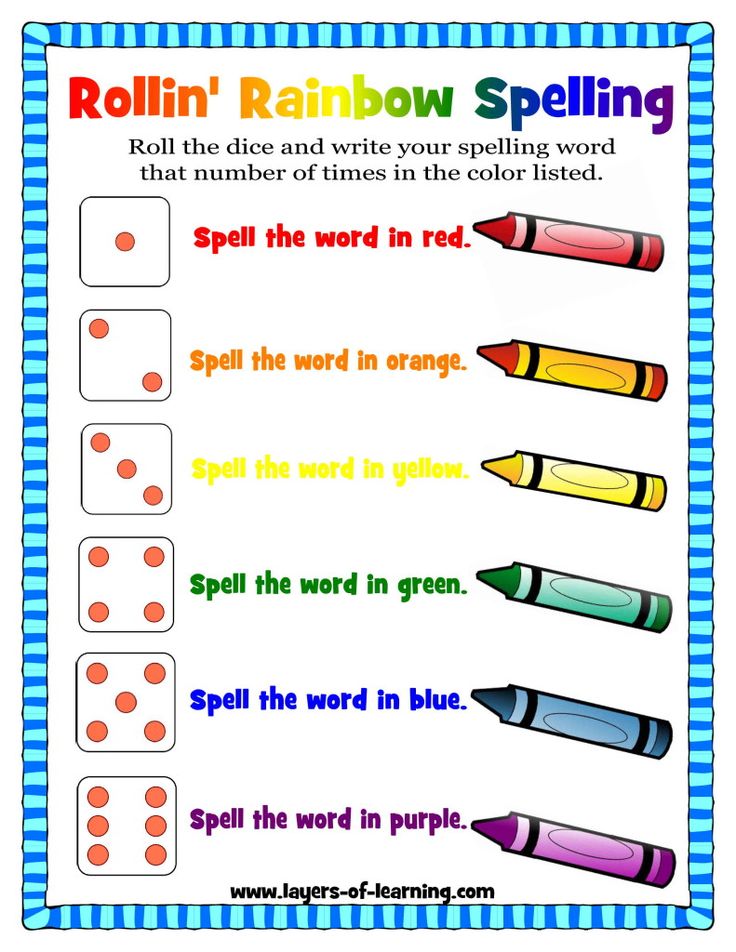
Guys make mistakes on the rules learned both in the current academic year and in the past, and in elementary school, so it is repetition that makes it possible not only to reproduce the previously covered material, but also to improve the methods of mental work (recognition, differentiation of mixed spellings) . nine0003
I start Russian lessons in all grades by repeating different spellings. We call this work "Spelling Five Minutes". I choose words for repetition either on one rule, or on different ones. I use various methods of work: all kinds of dictations (explanatory, warning, selective, vocabulary, creative, free, visual, graphic, tapping dictations, etc.), complicated copying, test tasks, work with signal cards, with punched cards. The children really like the tasks with self-examination and mutual examination. In grades 5-6 I spend spelling five minutes in a playful way: “Into the forest for mushrooms”, “Pick flowers in vases”, “Find mistakes”, competitions with Dunno, “Help Petya Oshibkin”, etc.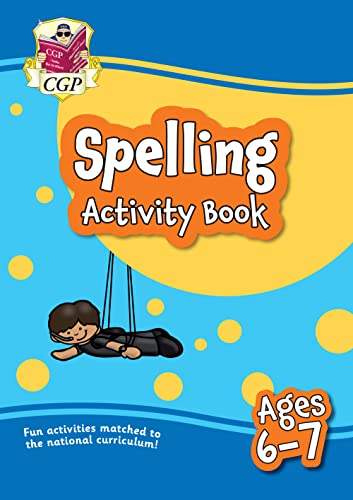
Game “Help Petya Oshibkin”
1. Petya wrote the vowel A in the word salty. “The test word is salo,” he explained. Is
correct?
2. Was not Petya Oshibkin wrote in one piece. "This word," he said, "can be replaced by the synonym
without not-absent." Is he right?
3. “Bitterness is written without a soft sign, since this is a word of the second declension of the masculine,” -
, the guys heard in the lesson when Oshibkin answered. How to fix it? nine0003
In the 2012-2013 academic year in the 5th grade, the lesson began with a letter from Dunno. The guys received a letter in which everyone's favorite fairy-tale character offered to complete some spelling task: help him insert the missing letters, choose words with any spelling, check the text he wrote and correct mistakes, compete with him or among themselves, explain anything to the hero who doesn’t know some spelling so that he doesn’t get “2”, etc. The fifth-graders were happy to complete the assignments and were looking forward to the next letter.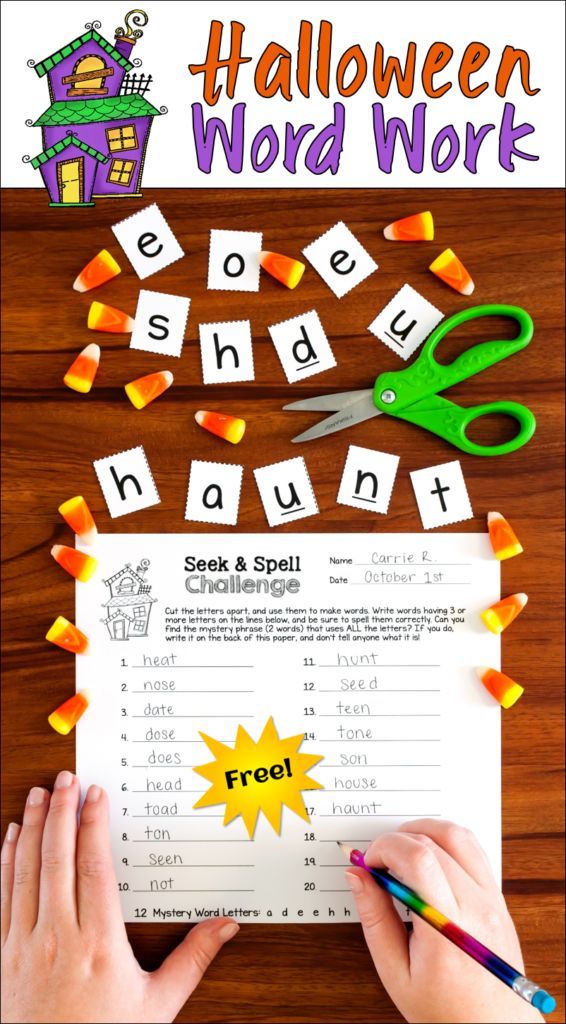 nine0003
nine0003
Correction of mistakes plays an important role in the formation of a competent letter. I spend it not only after writing dictations, summaries and essays, but also after some classroom and homework, in which many mistakes were made. Sometimes work on mistakes is done by students at home, sometimes in the classroom (collectively, individually, in pairs, in groups). We call this activity "In the wake of mistakes."
I practice this type of work as a dictation with preparation. Words in which students can make mistakes are passed through various exercises. Separate sentences from the dictation are written out and analyzed by the members of the sentence. nine0003
I work on the formation of spelling literacy both with the whole class and with individual students. First, the guys perform an entrance spelling test in order to identify gaps and determine the range of spellings that need to be worked on first. Then systematic individual work is carried out. Since it is not always possible to study at school after school, sometimes students complete assignments at home, and then bring the work to be checked and ask questions that have arisen.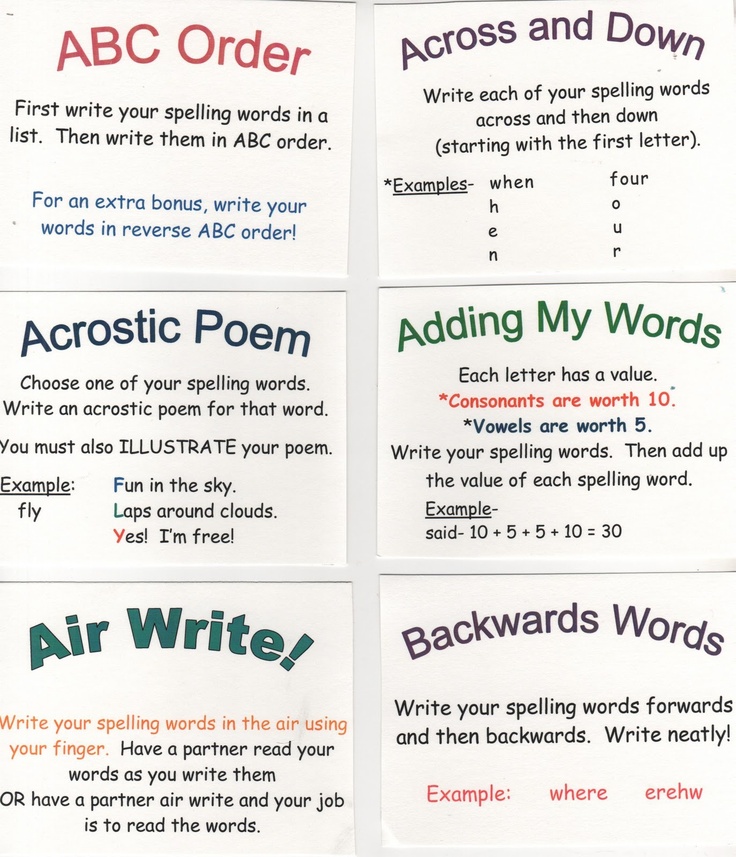 If there are errors, work on the errors is carried out together with the teacher. nine0003
If there are errors, work on the errors is carried out together with the teacher. nine0003
In order to repeat, generalize and systematize spelling material, I use tables that include one or more spelling rules. Students use these tables in the classroom or at home when performing individual tasks.
I also prepare cards for individual work, which include not only spelling exercises, but also the rules themselves, so that the children have the opportunity to first repeat the theoretical material, and then correctly complete the proposed task. nine0003
"Hurry to school like a game. She is like that." Jan Comenius
In my work I use a variety of forms, techniques and methods. In addition to the traditional, well-known, I try to find or come up with something new, interesting, unusual.
Developing spelling skills is a long process. To teach children to successfully overcome certain spelling difficulties, you need to work systematically and painstakingly over many years.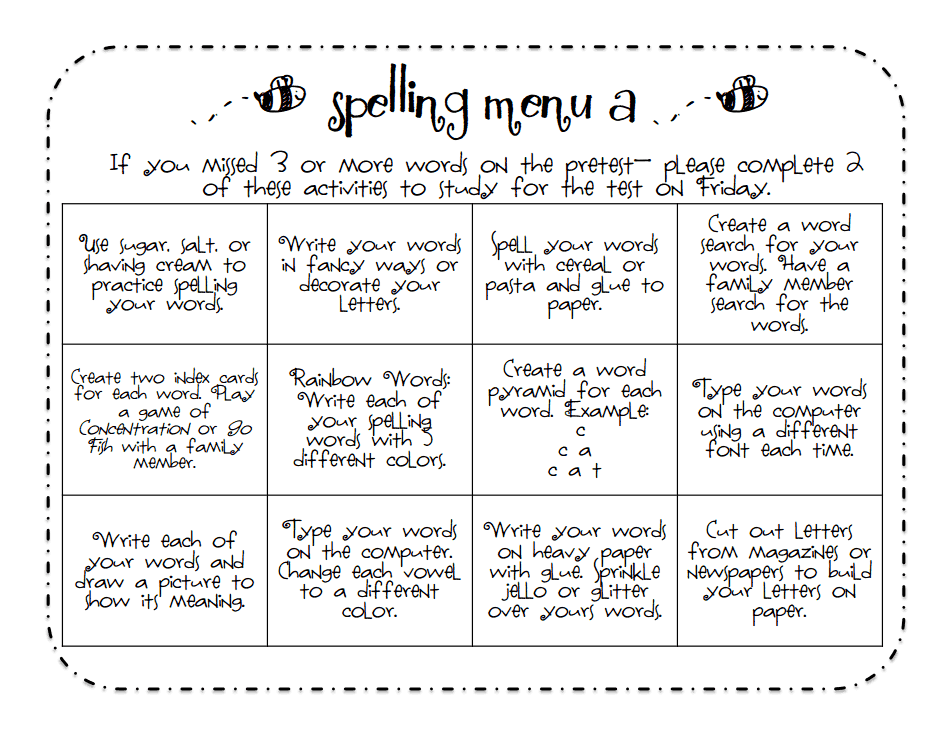 But it's very boring! So I try to build the work so that it can capture the guys, surprise them. nine0003
But it's very boring! So I try to build the work so that it can capture the guys, surprise them. nine0003
Tasks for alphabetic-graphic dictations were prepared, as a result of the correct execution of which the students get some kind of graphic pattern (five, geometric figure). Also, exercises are made, performing which the guys get a word, proverb, saying or some kind of sentence.
I will give some examples of such tasks.
1) Insert the missing letters, read the resulting word.
1. b.0003
(excellent)
2) Fill in the missing letters and read the proverb. Explain its meaning.
No. 1
1. Camera, k.. fell asleep, faith..ka, happy, r..stock, ter?asa, flower ..k, essay wrote (n, nn) oh, he
hold..t, pr..kind.
2. Telegram?
3. H..gingival, load..ik, zap..ret, sandy (n, nn) th, akats..i, ob..removal.
(Repetition is the mother of learning)
No. 2
2. geese..th, l..lieutenant.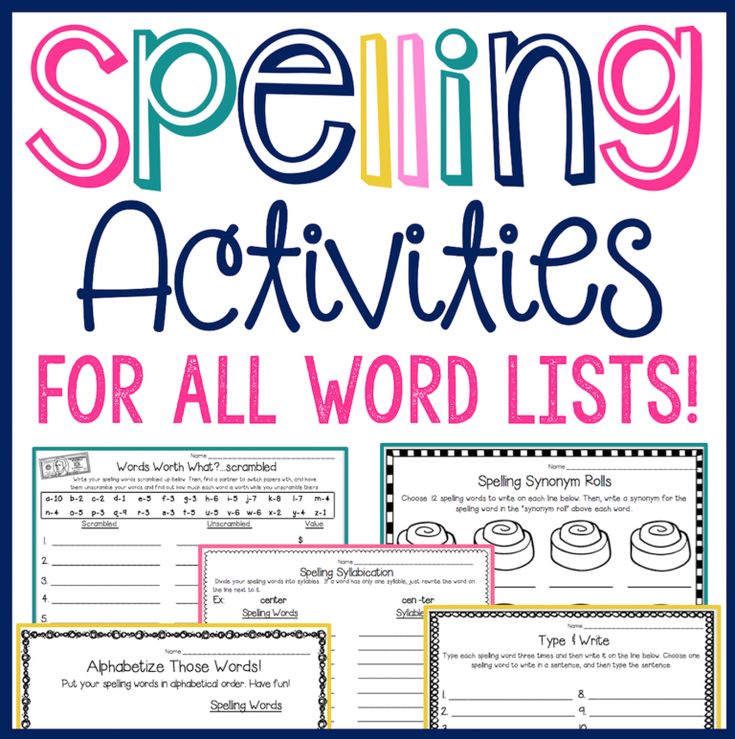
3. forest..nitsa, s..oldat, weight? Nick.
4. e.. sampler, local, type.. graphic.
5. tra..wai, blue..y, b..reddovy, sapo?, ninety…
6. hundred.. (hay), atm..sphere, sense? ace, pr..kind, well-known.
7. b..dirty.
8. mustache, b..gatyr, lovely..ny. nine0003
9. Neat, mustache, tr..lleybus.
10. Tegram?
11. karni.., sandy..th, to..slide, slip, r..shape, scratchy.
(Smart is not the one who talks a lot, but the one who knows a lot)
№3
1. wardrobe. action, phone..gram, terrace, camera, profession, city..neral, eleven, computer, status 9( broth)
(There is no learning without patience)
3) Spelling prefixes pre- and pre-.
Pre - down

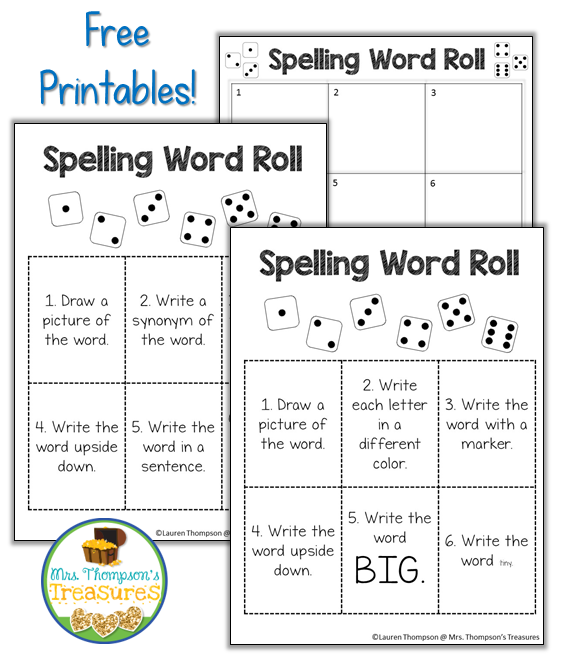 PR.. Grade 8. pr..t..rg
PR.. Grade 8. pr..t..rg 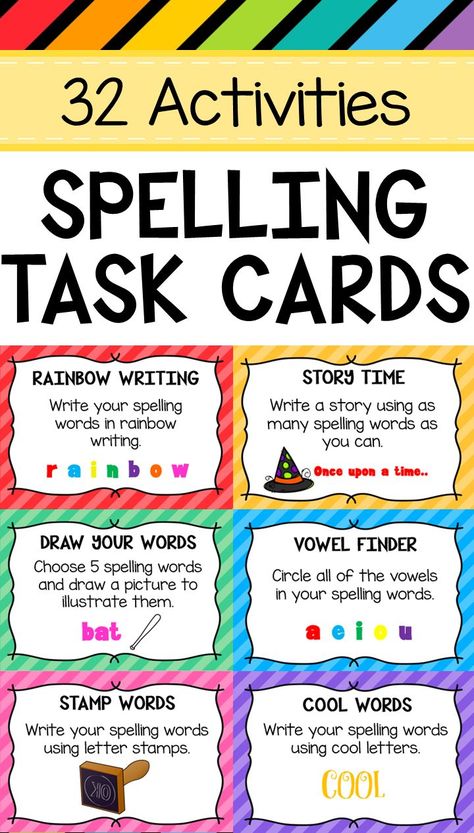 .k 7. Medvezh ... Nonka
.k 7. Medvezh ... Nonka 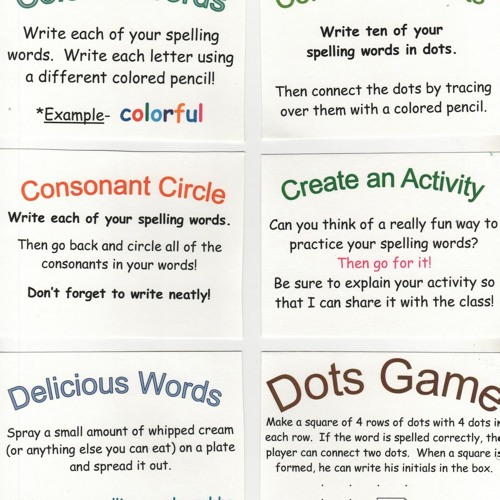 leather(n, n)th
leather(n, n)th 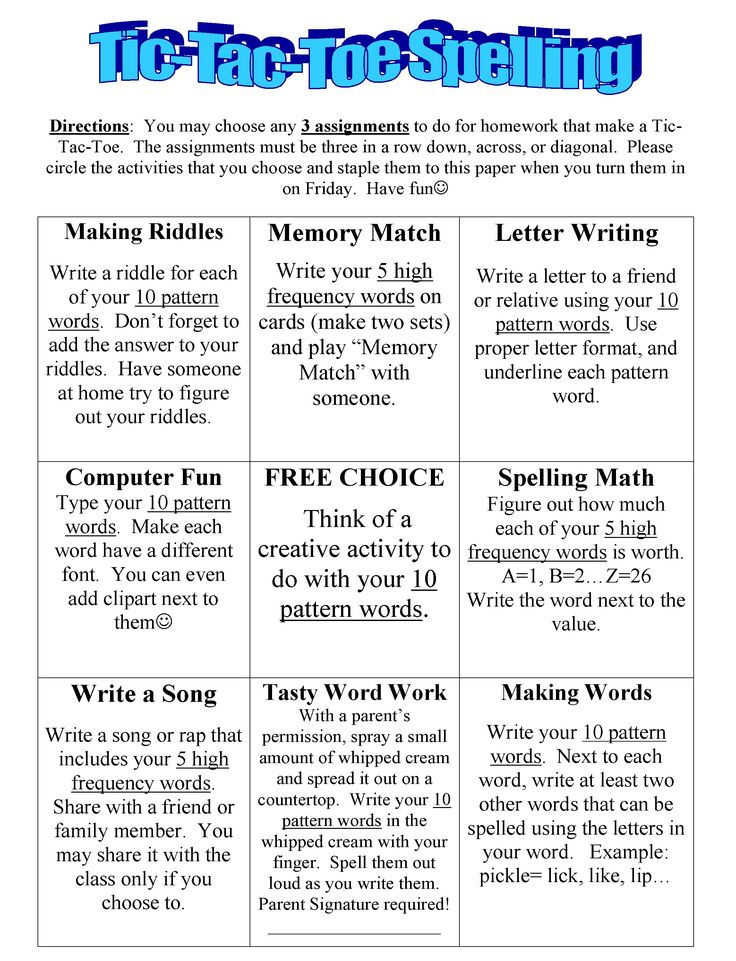
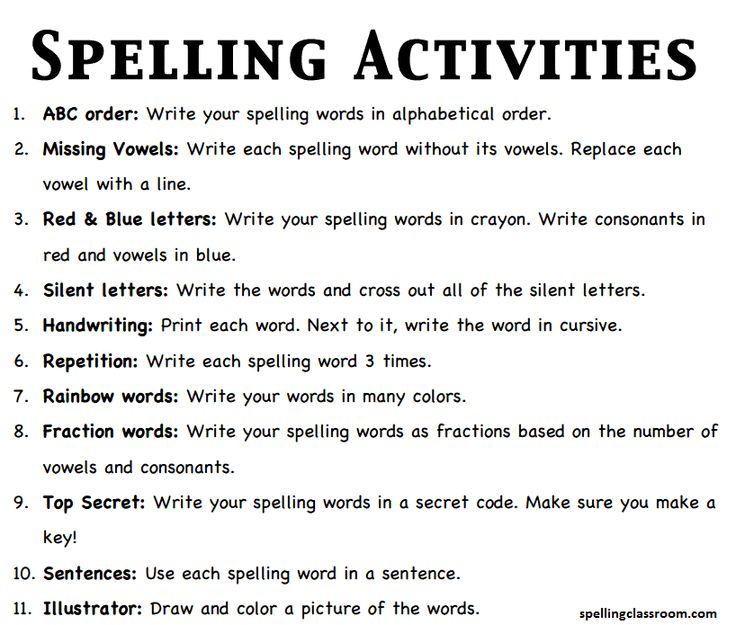 nine0003
nine0003 